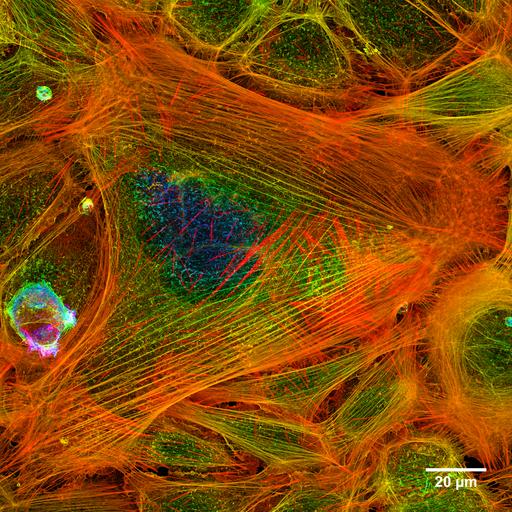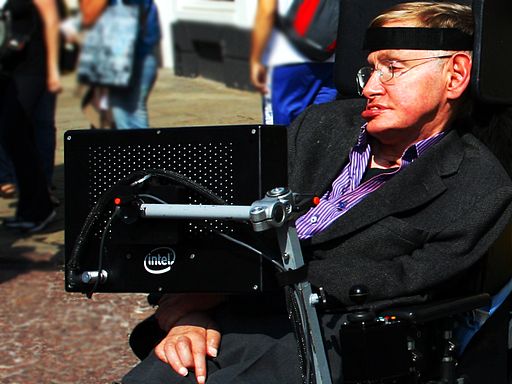To Conform to the United Nations’ Zero Tolerance Rule, Legalization of Drugs Was Not an Option in Portugal.
The United Nations has established international guidelines for drug control. A trend towards a balanced program has been advocated, but Portugal, in forming its decriminalization of drug usage policy, had to work around the U. N.’s inflexible basic policy guidelines.
The General Assembly presents its existing policy on drug abuse as a balanced program. In opening remarks last week, the executive director of the U.N. Office on Drugs and Crime (UNODC), Yury Fedotov, said its goal is to “protect the health of people … ensure access to treatment services and essential medicines, promote fundamental human rights, build viable alternative livelihoods and stop criminals from exploiting the vulnerable.”
On the other hand:
“One of the most fundamental principles underpinning the international drug control framework … is the limitation of narcotic drugs and psychotropic substances to medical and scientific purposes,” warns (PDF) the INCB’s [International Narcotics Control Board’s] 2014 annual report. “This legal obligation is absolute and leaves no room to interpretation.”
Source: UN no-tolerance drug policy impedes reform.
Portugal, staying within UN prohibitions, has shown that addiction tolerance can reduce drug addiction.
This Is Working’: Portugal, 12 Years after Decriminalizing Drugs [in 2001]
By Wiebke Hollersen [2013]
Twelve years ago, Portugal eliminated criminal penalties for drug users. Since then, those caught with small amounts of marijuana, cocaine or heroin go unindicted and possession is a misdemeanor on par with illegal parking. Experts are pleased with the results.
Before he got involved in the global war on drugs, João Goulão was a family physician with his own practice in Faro, on Portugal’s Algarve coast. Arriving in his small office in Lisbon, the 58-year-old tosses his jacket aside, leaving his shirt collar crooked. He looks a little tired from the many trips he’s taken lately — the world wants to know exactly how the experiment in Portugal is going. Goulão is no longer able to accept all the invitations he receives. He adds his latest piece of mail to the mountain of papers on his desk.
From this office, where the air conditioning stopped working this morning, Goulão keeps watch over one of the world’s largest experiments in drug policy. One gram of heroin, two grams of cocaine, 25 grams of marijuana leaves or five grams of hashish: These are the drug quantities one can legally purchase and possess in Portugal, carrying them through the streets of Lisbon in a pants pocket, say, without fear of repercussion. MDMA — the active ingredient in ecstasy — and amphetamines — including speed and meth — can also be possessed in amounts up to one gram. That’s roughly enough of each of these drugs to last 10 days.
These are the amounts listed in a table appended to Portugal’s Law 30/2000. Goulão participated in creating this law, which has put his country at the forefront of experimental approaches to drug control. Portugal paved a new path when it decided to decriminalize drugs of all kinds. “We figured perhaps this way we would be better able get things under control,” Goulão explains. “Criminalization certainly wasn’t working all that well.”
Much the Same as a Parking Violation
As part of its war on drugs, Portugal has stopped prosecuting users. The substances listed in the Law 30/2000 table are still illegal in Portugal — “Otherwise we would have gotten into trouble with the UN,” Goulão explains — but using these drugs is nothing more than a misdemeanor, much the same as a parking violation.
Why set the limits on these drugs at 10 days’ worth of use, though? “Well, it’s a limit, which by its nature is arbitrary,” Goulão says. Now the head of Portugal’s national anti-drug program and an important figure in Portuguese health policy, he still talks like an easygoing family doctor. Arrayed on Goulão’s windowsill are photographs, including one of him with Richard Branson, the British billionaire and hot air balloon operator. Another shows Goulão with the king of Spain. Both these men have received personal briefings on Portugal’s new drug program from Goulão.
“At the point when we designed the law, we had hardly any data to draw on,” Goulão relates. “We weren’t the least bit certain this would work.”
To read about the debate that still goes on in Portugal between Dr. Goulão and a spokesman for the opposition, Manuel Pinto Coelho, as well as the history of how the drug problem arose in Portugal, please see the source article How tolerance for addiction came about in Portugal.
To read about how Portugal’s decriminalization approach has worked, while keeping drugs illegal, visit the next page.



